
How Georgia aims to improve its energy sector through cross-border trade and energy-efficiency policies
How can Georgia increase its energy security, keeping in mind the seasonal imbalance the country faces in terms of electricity production? What are some of the best technologies and global practices in overcoming low energy efficiency in buildings, which is one of the leading causes of energy poverty? These were the issues addressed in Tbilisi at a three-day EU4Energy policy forum, where representatives from 11 countries received recommendations from International Energy Agency (IEA) experts.
Georgia exploits several resources for producing electricity, but the lion’s share comes from hydropower plants. In 2018, 81% of all local electricity generation came from hydropower plants, according to Georgia’s Electricity Market Operator ESCO, the organisation responsible for the sale, purchase and balance of electricity.
The hydropower plants produce an excessive amount of energy during wet seasons, while falling short of satisfying energy demands during drier seasons. In 2018, Georgia consumed almost 13.7 billion kw/h of electricity, of which only 88.8% was locally generated.
In order to guarantee stable supply of electricity, Georgia has partnered up with its neighbours, with whom it trades energy seasonally. Last year, Georgia imported 11% of its electricity from Turkey, Azerbaijan, Armenia and Russia – its neighbouring electricity trade partners, of which Azerbaijan was the top exporter in 2018, followed by Russia.
Focusing on the importance of regional cooperation, IEA experts discussed best practices in cross-border power system integration with representatives of the 11 countries participating in the forum organised on 11-13 February under the EU4Energy programme. EU4Energy is a regionally-focused programme aiming to improve the quality of energy data and statistics, shape regional policy-making discussions, strengthen legislative and regulatory frameworks and improve access to information in the partner countries. Georgia began participating in the programme in July 2016.
Cross-border power system integration
‘You want to utilise your neighbours as much as you can when you’re small, because bigger systems can bring bigger benefits’, says Matt Wittenstein, Senior Electricity Analyst at the IEA, adding that cross-border power system integration is especially beneficial for small countries like Georgia.
Wittenstein points out three key areas in which Georgia can advance in this respect.
‘Some of the benefits are economic – they can lower investment costs, because these costs will be shared across individuals and because you can build larger plants than would otherwise make sense. On the other hand, they can lower the operational costs, so it is cheaper to run things. You can run plants more cheaply, which means having more revenues’, he says.
He underlines that the cross-border cooperation is also beneficial for security reasons, as it means diversity and sharing of resources.
‘And there are environmental benefits. For example, it makes it easier to integrate renewables into your system. And all of those [benefits] are really important for countries like Georgia, which are geographically small. So trying everything with only local resources means that you’re potentially using more resources than you would otherwise’, says Wittenstein.
Talking about hydropower, he mentions that, during the dry season, when hydropower plants are unable to generate sufficient energy, Georgia is urged to back it up with additional resources.
‘So, either you build more [hydropower plants], or you rely on your neighbours’, says Wittenstein, adding that power system integration doesn’t limit countries to engage only with their immediate neighbours but rather enables them to reach even further, as it is possible to connect on a larger geographical scale.
Meanwhile, Rebecca Gaghen, the Head of Division for Europe, Middle East, Africa and Latin America at the IEA, says that countries that are well interconnected are at a lower risk of experiencing blackouts or sudden supply shortages.
‘It’s because everything is integrated and it’s much more flexible’, she says, adding that the goal of the programme is to bring together countries with similar goals, but possibly different challenges.
‘We are not here to tell Georgia what it needs to do. It’s about providing the opportunity for Georgia to look at what others have done, to discuss with neighbours and then decide, OK, this makes the most sense for our circumstances’, says Gaghen.
Thea Khitarishvili, Caspian and Black Sea Desk Manager at the IEA says that the agency is leading three programme components – policy dialogue, data integration and database communication – for the countries involved.
‘We are going to unlock [a] few benefits and [address] challenges that countries are facing. [What we do here] is more about discussions as opposed to actual setup of market’, says Khitarishvili, suggesting it’s up to the participant countries to decide what they will adopt from the expertise provided.
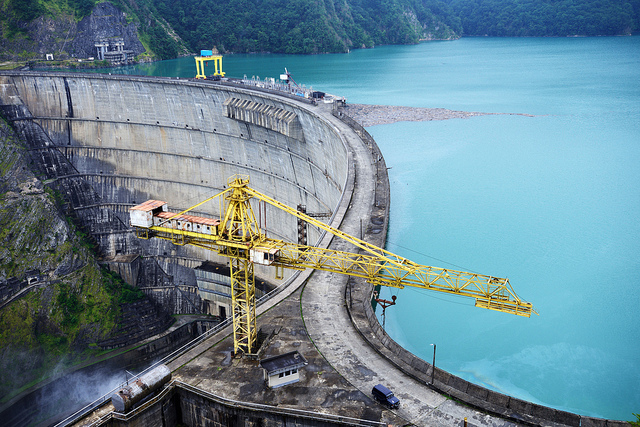 Enguri HPP, Georgia
Enguri HPP, Georgia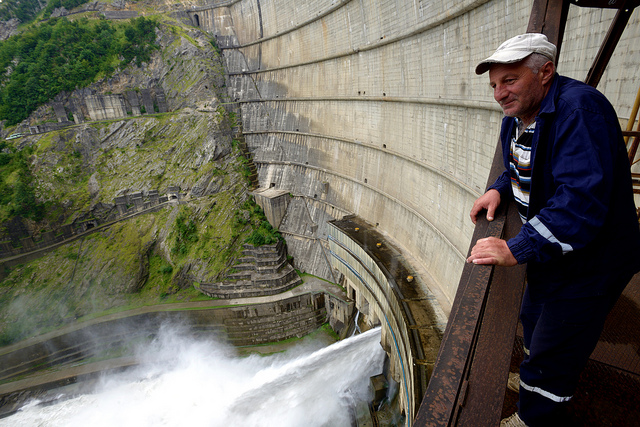 Enguri HPP, Georgia
Enguri HPP, Georgia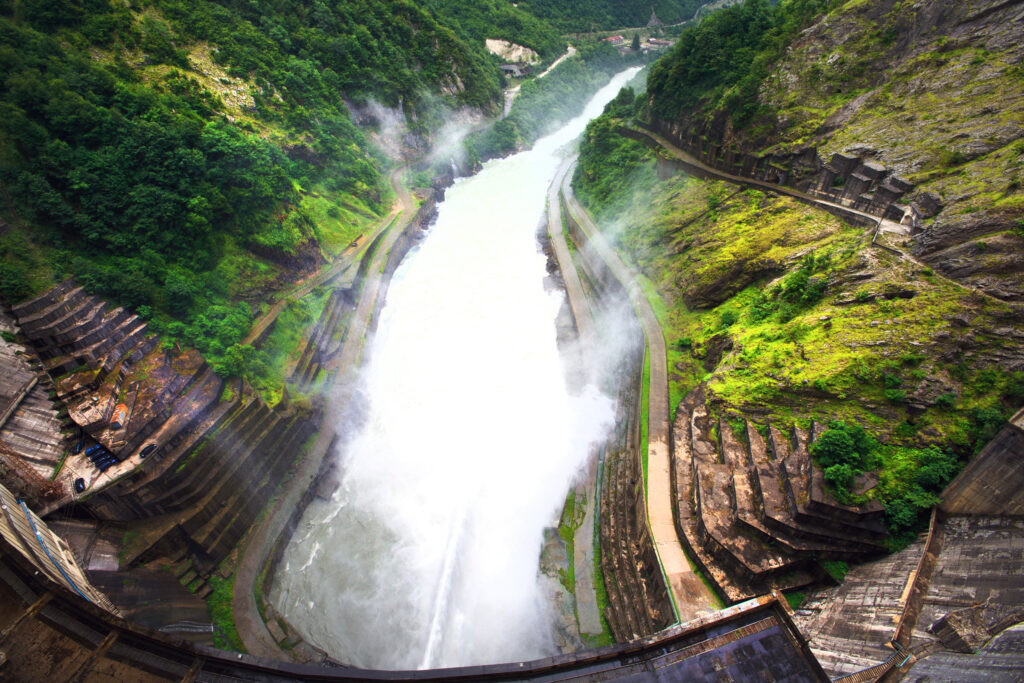 Enguri HPP, Georgia
Enguri HPP, Georgia
Energy efficiency challenges
Yet another topic that forum participants discussed was energy efficiency policies and how to implement them. Low energy efficiency is listed as one of the three key causes of energy poverty.
According to a 2018 report by World Experience for Georgia, a Tbilisi-based energy think tank, over 75% of buildings in Georgia have been constructed with low energy efficiency standards, resulting in higher energy consumption and therefore higher utility bills for the population.
The IEA experts identified and recommended some modern technologies, from LED lighting to building materials, which save energy significantly.
‘We are helping to share some of the tools and lessons learnt that we have from around the world. Energy efficiency doesn’t come overnight, but through roadmaps and timelines we can help Georgia to realise how it’s possible to go from nothing to 100% efficient’, says Brian Dean, an energy efficiency expert at the IEA.
Dean says that, largely, it’s a matter of awareness. Typically, there is a low adoption of energy-efficient technologies in the early years, but once they become well known, it’s more likely that people are going to buy energy-efficient appliances and technologies.
He also says that regulation is one of the most important policy mechanisms and that legislation is typically the best way to implement strong regulation, therefore the IEA recommends having good policies in place.
‘[In Georgia] there is an opportunity for improving. There are some fundamental policies in place and some great discussions going on in terms of next sets of policies and legislations. So, I think all of the basics are there and we’re seeing that technology prices here are actually one of the best in the region’, says Dean.
Energy Efficiency Law to be implemented
Georgia’s accession to the Energy Community dates back to October 2016. It was fully enforced in July 2017. Through this, Georgia agreed to implement Energy Community directives concerning common rules for the internal electricity market and regulation on conditions for accessing the network for cross-border exchanges of electricity.
Georgia’s Association Agreement with the EU entered into force in 2016, committing the country to implement a number of directives. According to the Ministry of Energy, Georgia plans to implement several laws in the coming months, including the Energy Efficiency Law and the Law on Energy Efficiency in Buildings. The laws also require the adoption of a National Energy Efficiency Action Plan.
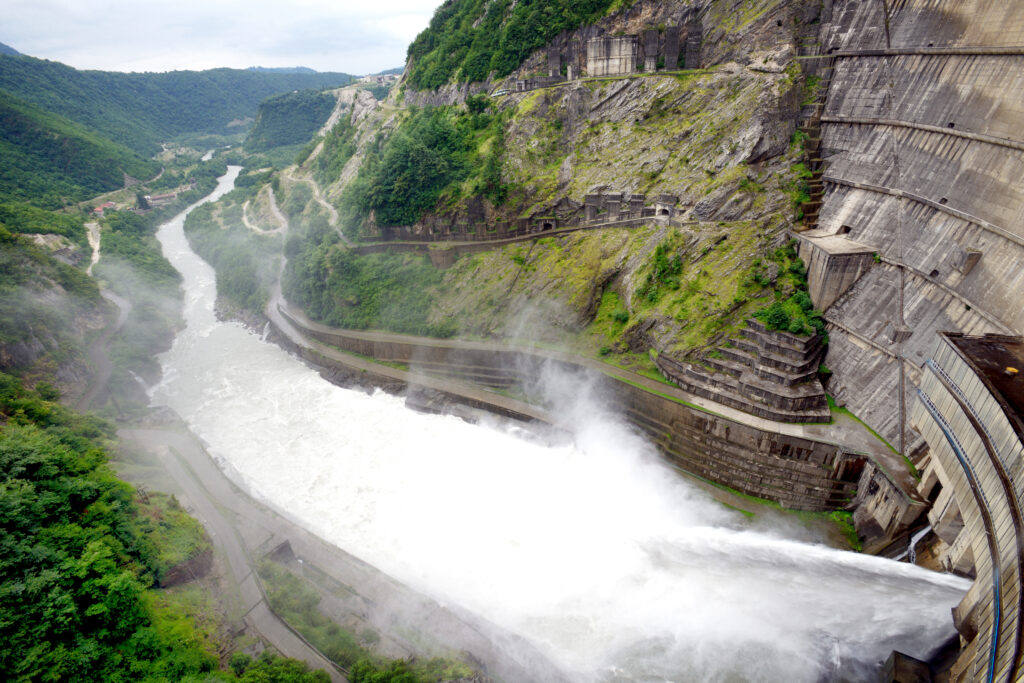 Enguri HPP, Georgia
Enguri HPP, Georgia Enguri HPP, Georgia
Enguri HPP, Georgia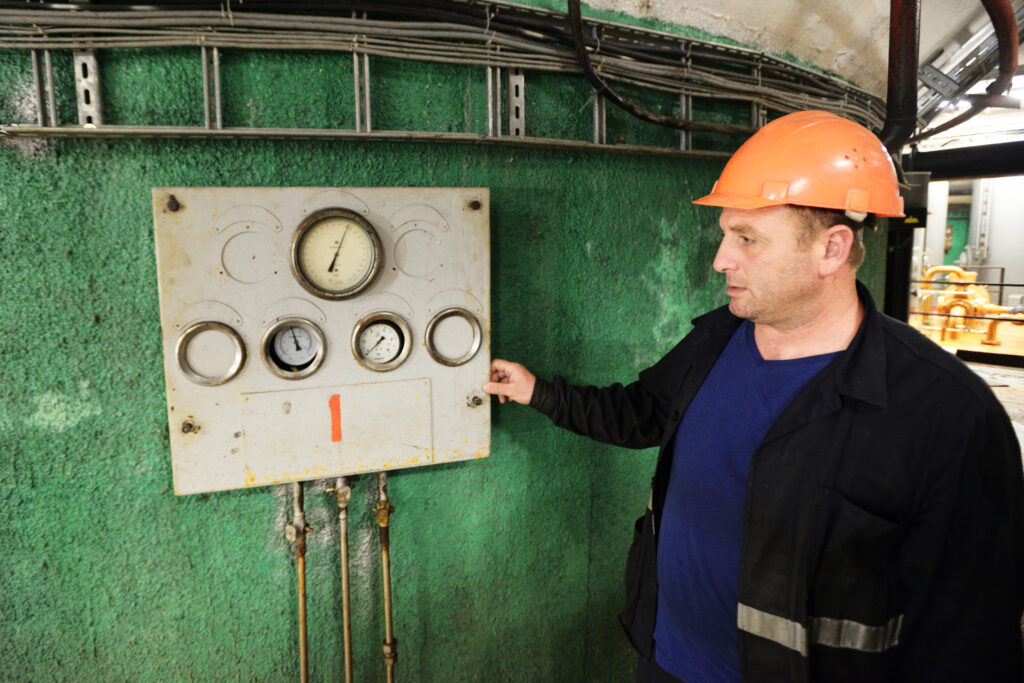 Enguri HPP, Georgia
Enguri HPP, Georgia
By the end of March, the Georgian Energy Ministry plans to adopt the National Energy Efficiency Action Plan it has drawn up with assistance from the European Bank for Reconstruction and Development. Information provided on the website of the Energy Ministry suggests that the action plan will concern the timeframe 2019-2021 and involve the Energy Efficiency Directive tackling a number of issues stemming from the requirements of the energy efficiency acquis. It will also include European Union measures in relation to power, industry, transport, buildings and services.
Author: Dato Perulavа
MOST READ
SEE ALSO

No, time is not on Russia‘s side
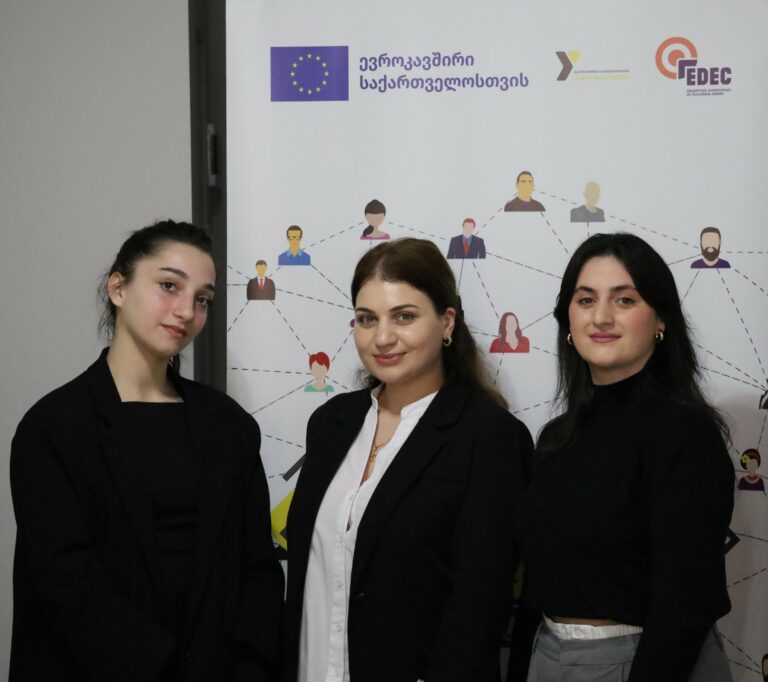
A hands-on approach to boost youth employment in Georgia
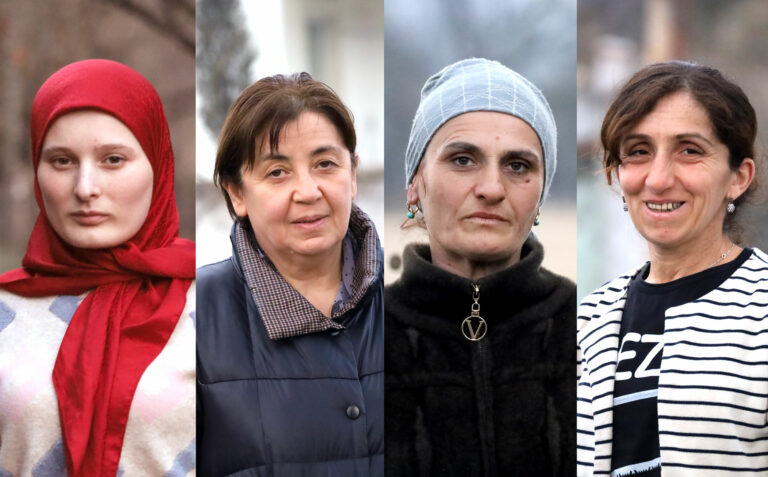
Taking health into their own hands: women’s empowerment in the remote villages of Georgia
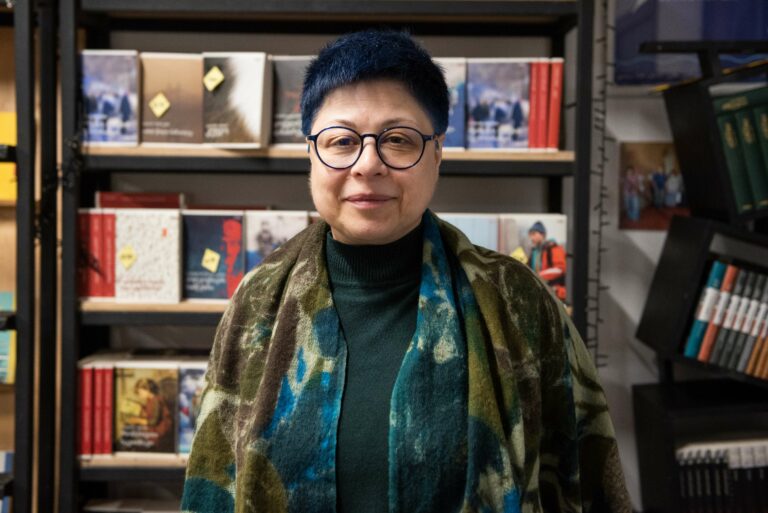
A woman publisher in a male-dominated industry – the path to a big dream

Be one step ahead of a hacker: check simple cybersecurity tips!
More campaign pages:
Interested in the latest news and opportunities?
This website is managed by the EU-funded Regional Communication Programme for the Eastern Neighbourhood ('EU NEIGHBOURS east’), which complements and supports the communication of the Delegations of the European Union in the Eastern partner countries, and works under the guidance of the European Commission’s Directorate-General for Neighbourhood Policy and Enlargement Negotiations, and the European External Action Service. EU NEIGHBOURS east is implemented by a GOPA PACE-led consortium. It is part of the larger Neighbourhood Communication Programme (2020-2024) for the EU's Eastern and Southern Neighbourhood, which also includes 'EU NEIGHBOURS south’ project that runs the EU Neighbours portal.

The information on this site is subject to a Disclaimer and Protection of personal data. © European Union,







